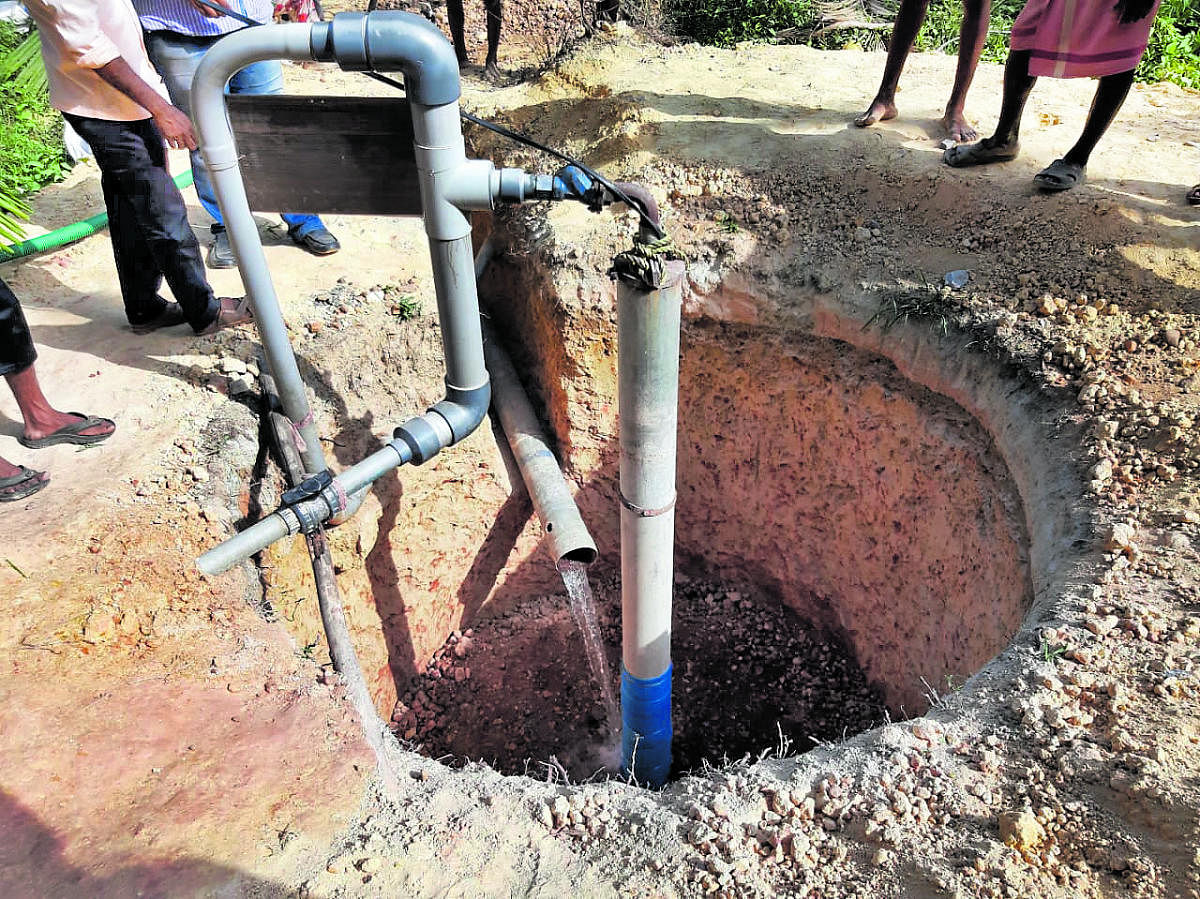
Karnataka is among the top five states with a high rate of groundwater contamination in the entire country, coming next to Madhya Pradesh, Uttar Pradesh and Rajasthan, as overexploitation has led to rising instances of salinity, fluoride and iron contamination.
As per the data from the Central Ground Water Board, fluoride, nitrate and iron contamination, which pose significant risks to health, have been recorded in more than 25 districts of the state.
Big states of Madhya Pradesh and Uttar Pradesh with a total number of districts put at 51 and 75, respectively, have topped the chart. But many of the 22 districts in Haryana have reported multiple sources of contamination while the number from Rajasthan (33) and Karnataka (30) are not comforting.
Among the districts, Ballari, Chitradurga, Gadag, Tumakuru and Davanagere top the chart in fluoride contamination with samples from more than 1,500 sources in each district containing fluoride above 1.5 mg per litre.
Tumakuru ranked first in iron contamination (exceeding 1 mg per litre) with samples from 1,600 sources testing positive. Belagavi (750), Dakshina Kannada (643), Vijayapura (581) and Shivamogga (551) followed suit. Arsenic contamination and salinity were reported from two districts each, details of which were unavailable.
In 2015, the Karnataka Groundwater Directorate had reported overexploitation in 30 of 176 taluks. Of the remaining 146 taluks, 63 were classified as inching closer to the red line. Two years later, the central authority increased the number of taluks with the problem of overexploitation to 45.
An official in the Water Resources Department said the numbers may go up in the latest report on the water quality in the state, which is expected to be out next month.
"Rainwater harvesting and recharging of underground aquifers are two key solutions. But neither the public nor the government is interested in it,” an official in the water resources department said.
Meanwhile, the government is banking on costly solutions like Yettinahole, Mekedatu and Sharavati projects to fulfil the demands for water, especially for Bengaluru and the surrounding region.
“Bringing water from other places will not end the dependency on the groundwater as government cannot meet the demands of all the people,” an official from the directorate said.
Deccan Herald is on WhatsApp Channels | Join now for Breaking News & Editor's Picks